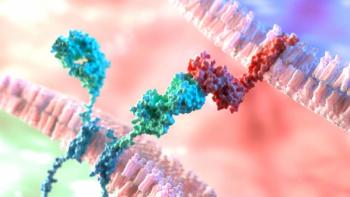
Clinical responses were reported in patients with lupus and myositis.

David Barrett, JD, the chief executive officer of ASGCT, discussed the latest trends in the field of cell and gene therapy captured in the organization's quarterly Landscape Report.
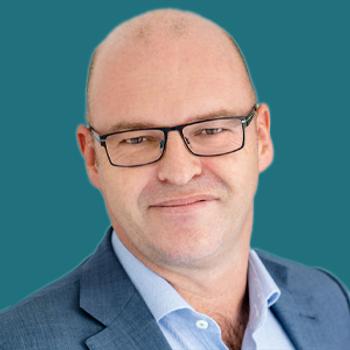
Georg Schett, MD, vice president research and chair of internal medicine at the University of Erlangen – Nuremberg, discussed findings from 2 early studies of CD19 CAR T-cell therapy.
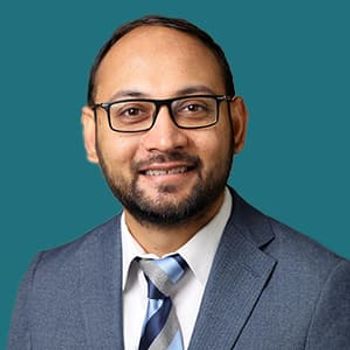
Bhagirathbhai R. Dholaria, MD, an associate professor of medicine in malignant hematology & stem cell transplantation at Vanderbilt University Medical Center, discussed interim data from the phase 1/1b clinical trial evaluating Poseida's CAR-T.
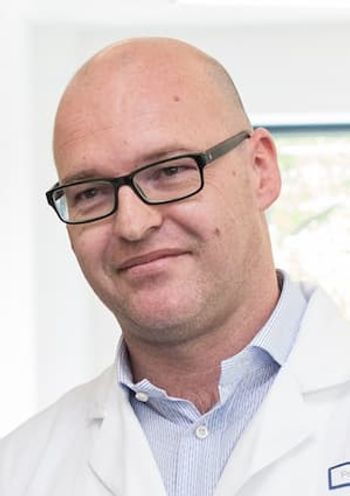
The vice president research and chair of internal medicine at the University of Erlangen – Nuremberg discussed findings from 2 early studies of CD19 CAR T-cell therapy.

Chris Wright, MD, PhD, the chief medical officer and head of translational research at Ring Therapeutics, discussed research presented at ASGCT 2024.

R. Nolan Townsend, Sandi See Tai, MD, and Kim G. Johnson, MD, discussed Lexeo Therapeutics’ LX1001 gene therapy trial that demonstrated promising safety and biomarker effects in patients with early-stage Alzheimer disease.

The noninvasive gene therapy exceeded the 30% efficacy threshold for normalizing GCase activity across all doses.

LX1001's safety profile was characterized as well-tolerated with no amyloid-related imaging abnormalities reported.
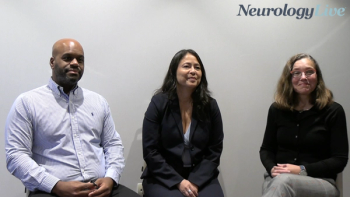
The 3 experts discussed Lexeo Therapeutics’ LX1001 gene therapy trial that demonstrated promising safety and biomarker effects in patients with early-stage Alzheimer disease.

Melissa Spencer, PhD, spoke about the emerging role of adeno-associated virus as a delivery system for gene therapies targeting muscular dystrophies, and the challenbges associated with them.

Sharon Hesterlee, PhD, the chief research officer of the Muscular Dystrophy Association discussed the upcoming MDA Clinical and Scientific Conference, which will be held March 16-19, in Dallas, Texas.

Crystal Proud, MD, the director of neurology and neuromuscular medicine at the Children’s Hospital of the King’s Daughters in Norfolk, Virginia, spoke about the enhancements to newborn screening for the disease.
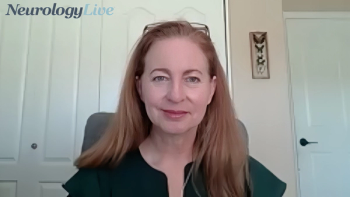
The chief research officer of the Muscular Dystrophy Association discussed the upcoming MDA Clinical and Scientific Conference, which will be held March 16-19, in Dallas, Texas.
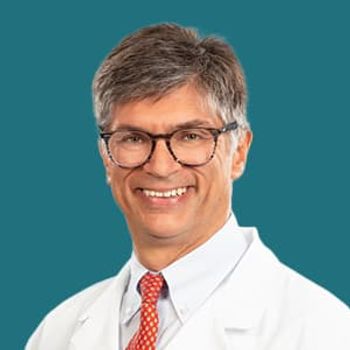
Joshua M. Hare, MD, the cofounder and chief science officer of Longeveron, discussed working to show potential benefits in a follow-up phase 3 trial.

Joshua M. Hare, MD, the cofounder and chief science officer of Longeveron, discussed updated data from the phase 2a CLEAR MIND study.

John Finn, PhD, the chief scientific officer of Tome Biosciences, discussed the company’s pipeline for its new technology.

John Finn, PhD, the chief scientific officer of Tome Biosciences, discussed the company’s technologies in the context of integrative gene therapy and cell therapy.
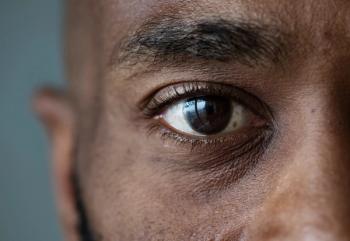
Among 7 patients’ eyes that were treated with the study’s high dose, the response rate was 57% (4/7 eyes).

Paul Melmeyer, MPP, the executive vice president of public policy & advocacy at MDA, discussed the growing interest in gene therapy for the annual meeting.

Arun Upadhyay, PhD, the chief scientific officer and head of research, development, and Medical at Ocugen, also discussed future plans for the gene therapy, which is now in a phase 3 study.

Arun Upadhyay, PhD, the chief scientific officer and head of research, development, and Medical at Ocugen, discussed OCU400, the company’s gene-agnostic gene therapy for IRDs.

Daniel Hart, PhD, the senior director and head of technology development at Epic Bio, discussed potential applications of the new technology.
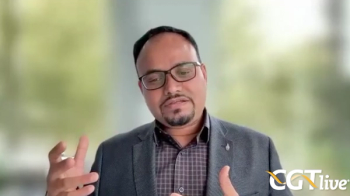
The chief scientific officer and head of research, development, and Medical at Ocugen, also discussed future plans for the gene therapy, which is now in a phase 3 study.
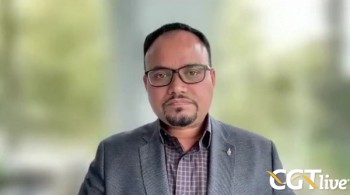
The chief scientific officer and head of research, development, and Medical at Ocugen, discussed OCU400, the company’s gene-agnostic gene therapy for IRDs.

There were no SUSARS and no endophthalmitis observed among 29 patients treated in the study.

In honor of Usher Syndrome Awareness Day, CGTLive® interviewed Zheng-Yi Chen, DPhil, associate professor, Otolaryngology–Head and Neck Surgery, Harvard Medical School, about the current state of research in this rare disease.

Jeffrey Chamberlain, PhD, McCaw Endowed Chair of Muscular Dystrophy at University of Washington, shared his outlook on the trajectory of research in the field.

Jeffrey Chamberlain, PhD, McCaw Endowed Chair of Muscular Dystrophy at University of Washington, highlighted studies presented at MDA's 2024 conference.

Jeffrey Chamberlain, PhD, McCaw Endowed Chair of Muscular Dystrophy at University of Washington, discussed his research career with muscular dystrophies.